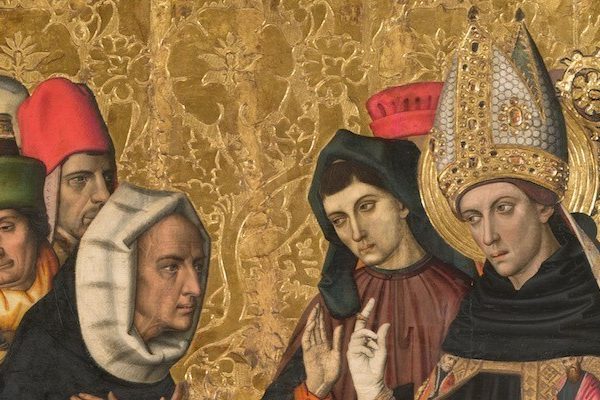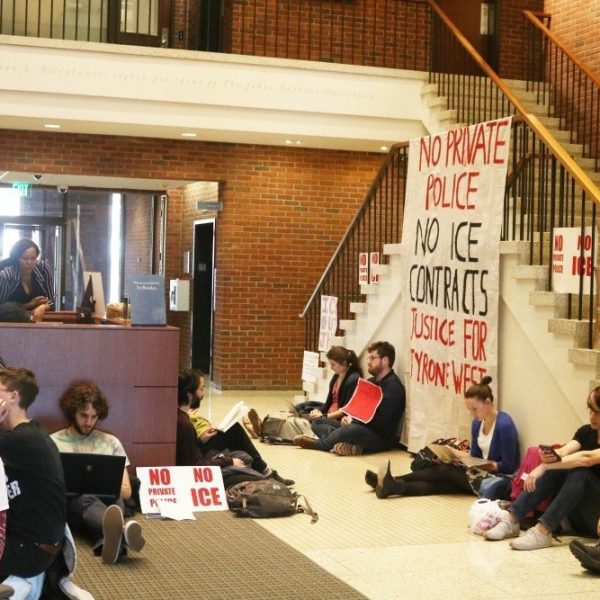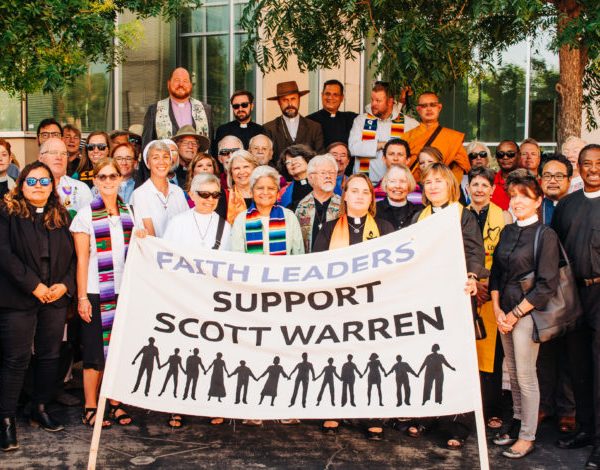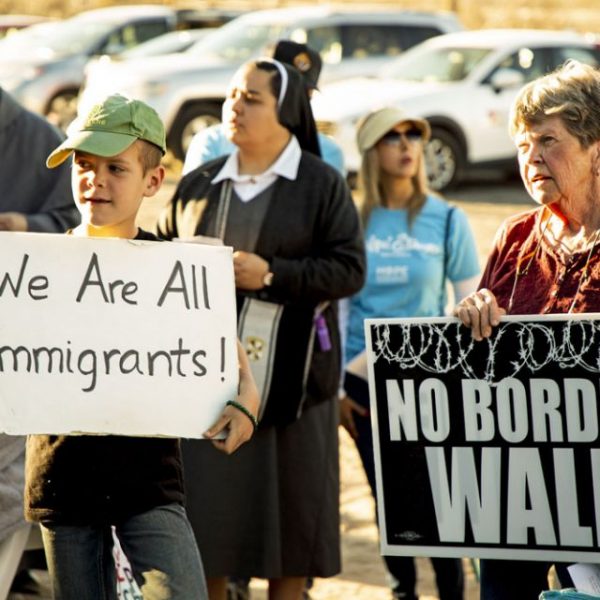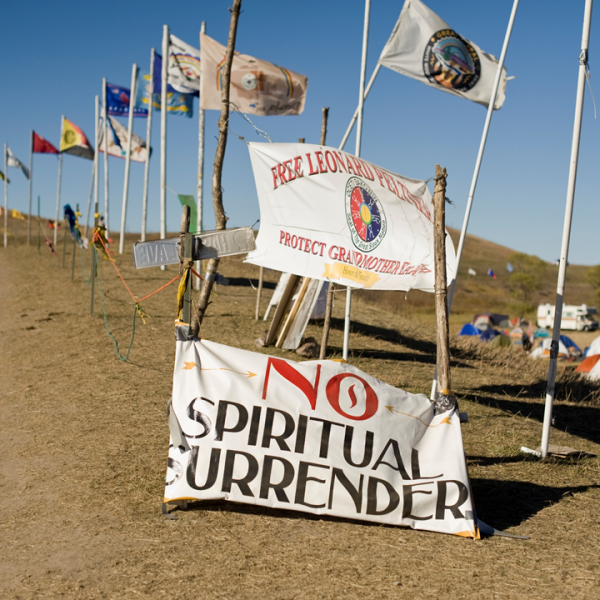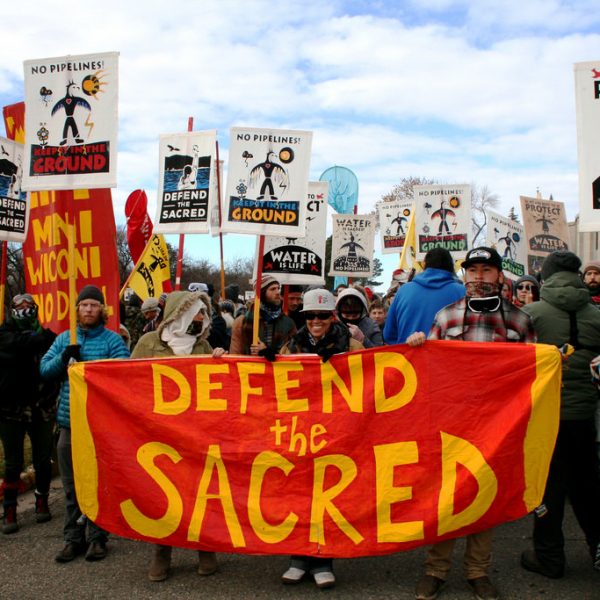
Join us for a live stream of the third and final plenary of #PTNCon2019.

Join us for a live stream of the second plenary of #PTNCon2019.
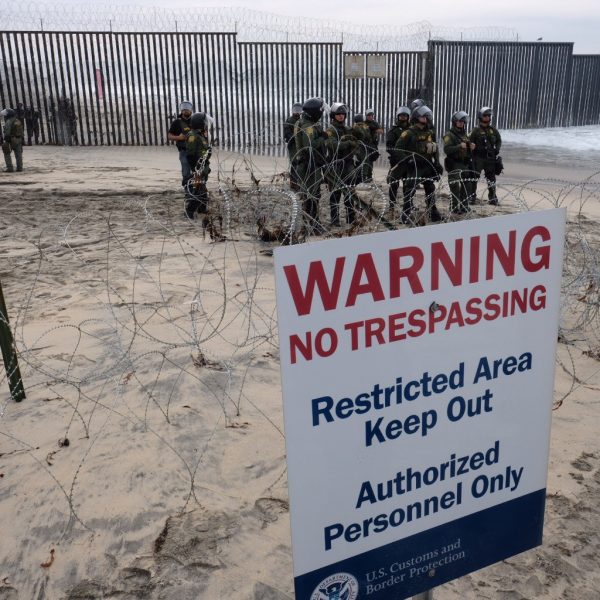
Borders signify the advancing presence of imperial desires and colonial fantasies of gradual yet total dispossession and disappearance of peoples of other nations that continue the founding settler colonial violence in the US.
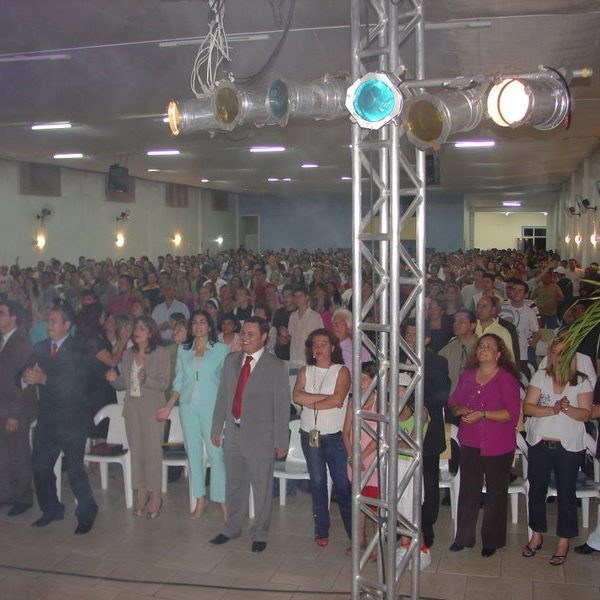
The import of particular identities for the national identity is not to be dismissed precisely because it is what the nationalist agenda attempts. This means that our religious discourse has to account for particular identity experiences as integral parts or building blocks of a multifaceted universal and not as something to be merely included or absorbed by a pre-existing universal condition.
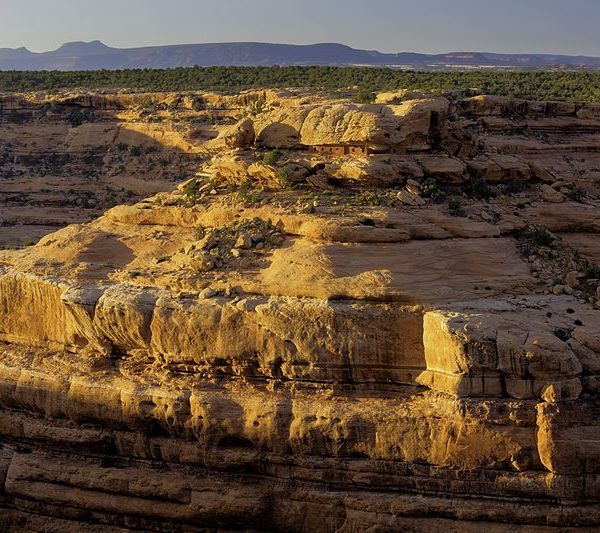
For the very reasons that religious freedom discourse is powerful, arguments made in its register, especially as they stretch the indeterminacy of religion in the directions of collective rights, should appropriately be on the table in Native peoples’ efforts to protect what is sacred to them.
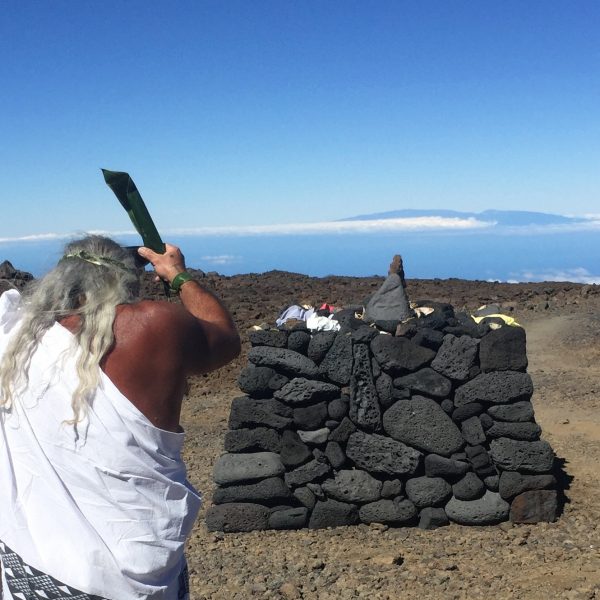
By auto-jurisdiction, I mean to convey the ways people look past the putative authority and mechanisms of prevailing jurisdictions and, alternatively, invoke the authority of tradition as long-term grounded experience in order to construct and speak forth their legitimacy.
